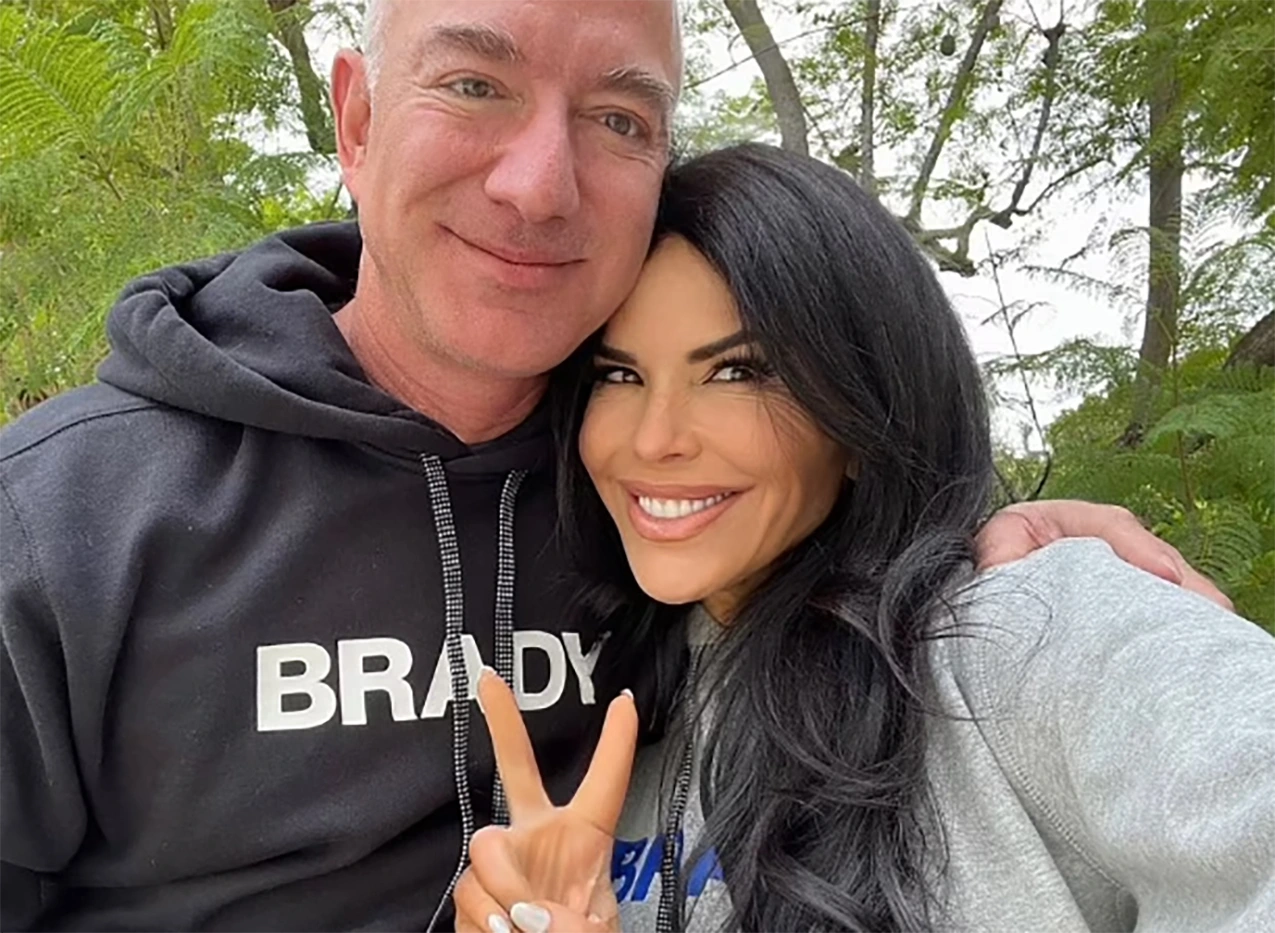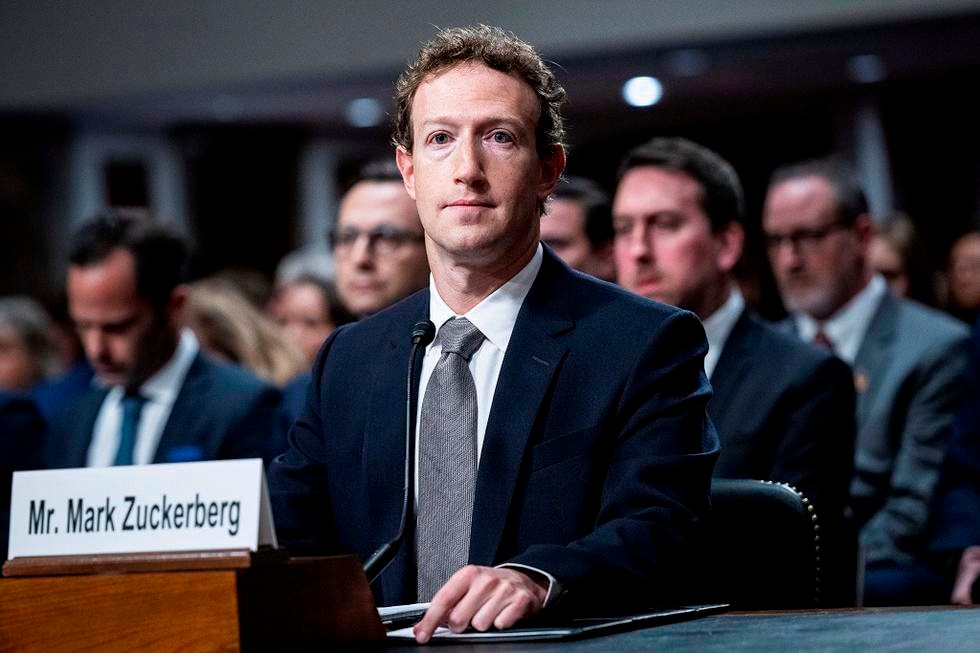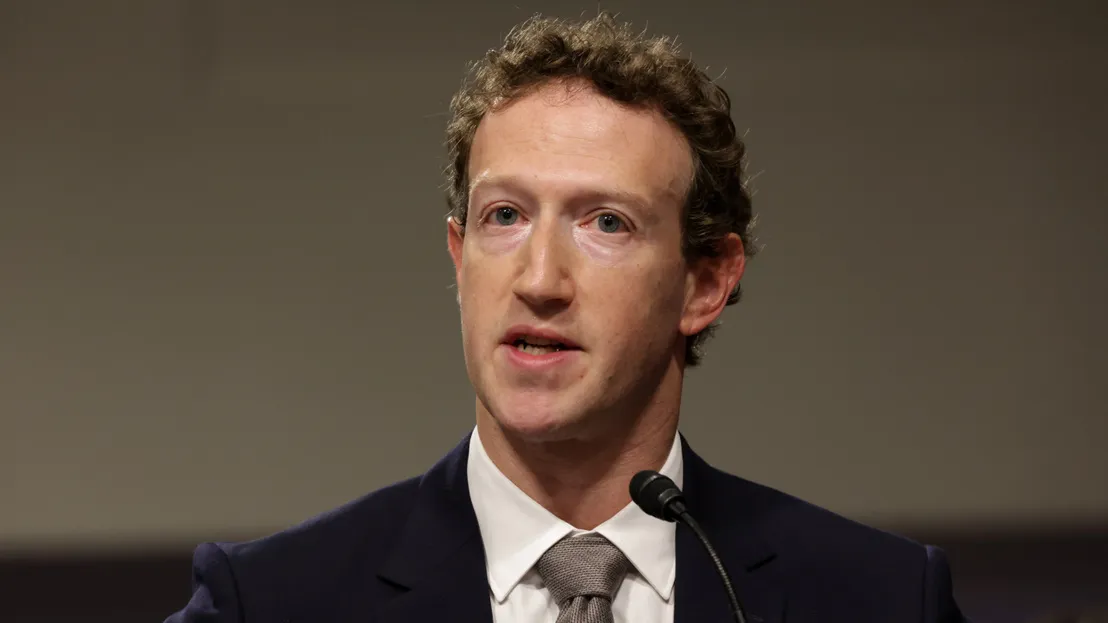
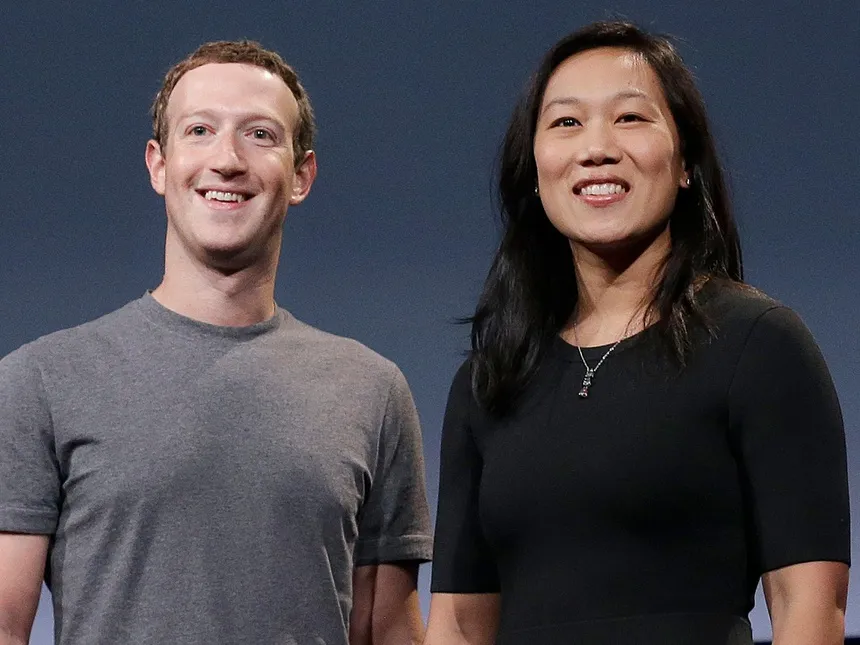
Locals Outraged as Mark Zuckerberg Expands Kauai Compound by Nearly 1,000 Acres — Preservation or Plunder?
The serene Hawaiian island of Kauai has long been treasured for its untouched beauty, lush landscapes, and cultural heritage. But now, it is at the center of a storm as Mark Zuckerberg, CEO of Meta and one of the world’s wealthiest men, has expanded his already massive estate by nearly 1,000 additional acres. What some see as an act of preservation and investment in land stewardship, many locals view as a troubling display of billionaire overreach, sparking outrage and raising pressing questions about land ownership, cultural respect, and the future of Hawaii’s communities.
The debate boils down to a simple but deeply emotional question: Is Zuckerberg’s move an example of environmental protection or is it another case of powerful outsiders exploiting paradise under the guise of preservation?
Mark Zuckerberg’s Growing Footprint in Kauai
Zuckerberg and his wife, Priscilla Chan, first purchased land on Kauai’s North Shore in 2014, acquiring a sprawling 700-acre property known as Ko’olau Ranch for an estimated $100 million. Over the years, they have expanded their holdings, buying up adjacent parcels and eventually amassing more than 1,500 acres. With the most recent acquisition, that figure has ballooned closer to 2,500 acres, making them among the largest private landowners on the island.
The compound reportedly includes farmland, oceanfront property, and sections of lush forest. High walls have been built to secure privacy, while construction projects continue to expand the estate with luxury facilities, personal residences, and infrastructure. According to insiders, Zuckerberg has framed these purchases as a way to preserve the natural environment, protect the land from overdevelopment, and provide sustainable farming opportunities.
But for many locals, the optics are clear: yet another tech billionaire carving out a massive portion of Hawaii for personal use, shutting out native residents from lands that once held communal and cultural significance.
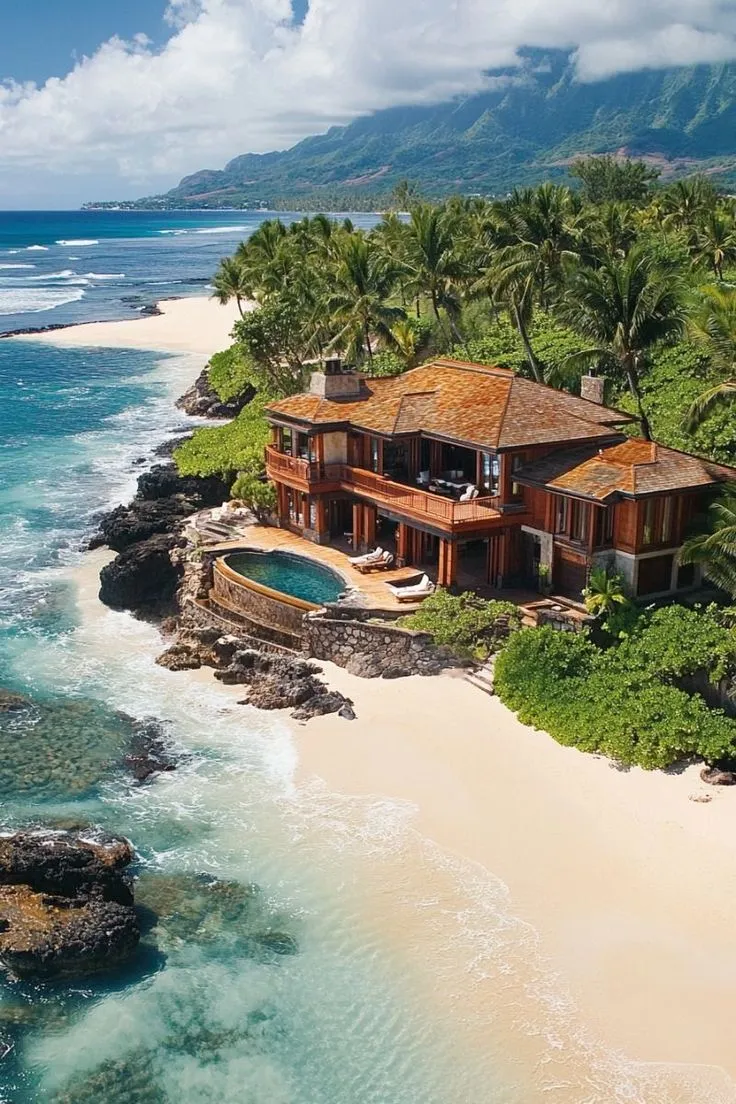
Hawaiian Land, Hawaiian History
To understand the depth of the backlash, one must first recognize Hawaii’s unique history with land ownership. Native Hawaiians once lived under a communal system of land stewardship, with resources shared and managed collectively. However, during the 19th century, Western colonization and the implementation of private property laws drastically altered this system. Large swathes of land were sold or seized, often displacing Native communities and eroding cultural practices tied to the land.
Today, Native Hawaiians make up just a fraction of Hawaii’s population, and many struggle with the high cost of living and limited access to affordable housing. Against this backdrop, billionaires like Zuckerberg buying up huge parcels of land feels like history repeating itself: outsiders with immense wealth taking control of territory that locals no longer have the power to claim or maintain.
For critics, it’s not just about land — it’s about identity, sovereignty, and the preservation of culture.
Outrage from the Community
When news broke of Zuckerberg’s latest acquisition, local reactions were swift and heated. Community activists, cultural leaders, and everyday residents voiced concerns that his estate expansion represents another step toward the privatization of Hawaii’s natural beauty.
Protest signs in nearby towns have read messages like, “Hawaii is not for sale” and “Our land is not your playground.” Online, hashtags such as #KauaiIsNotForSale and #StopBillionaireColonialism trended, reflecting widespread frustration.
One Kauai resident told reporters: “He says he’s preserving the land, but he’s fencing it off from the very people whose ancestors lived here. Preservation for who? Certainly not for us.”
Others have pointed out that massive private estates like Zuckerberg’s not only remove land from public use but also drive up property values, further pricing out locals who already struggle to afford housing.
Zuckerberg’s Defense
Zuckerberg has addressed the controversy on multiple occasions, though his comments have not fully quelled criticism. He and Priscilla Chan have emphasized their commitment to conservation, noting that large portions of their land are being used for sustainable farming, ranching, and reforestation projects. They have also pledged to protect endangered species and native plants on the property.
In addition, the couple has pointed to philanthropic investments in Hawaii, including donations to local schools, health programs, and conservation initiatives. Supporters argue that their ownership could prevent commercial developers from turning the land into resorts or luxury subdivisions, which might have an even greater negative impact on the island’s ecosystem.
Yet for many locals, these assurances feel hollow. As one activist put it: “You can donate money, you can plant trees, but at the end of the day, you still own thousands of acres of our land. That’s the problem.”
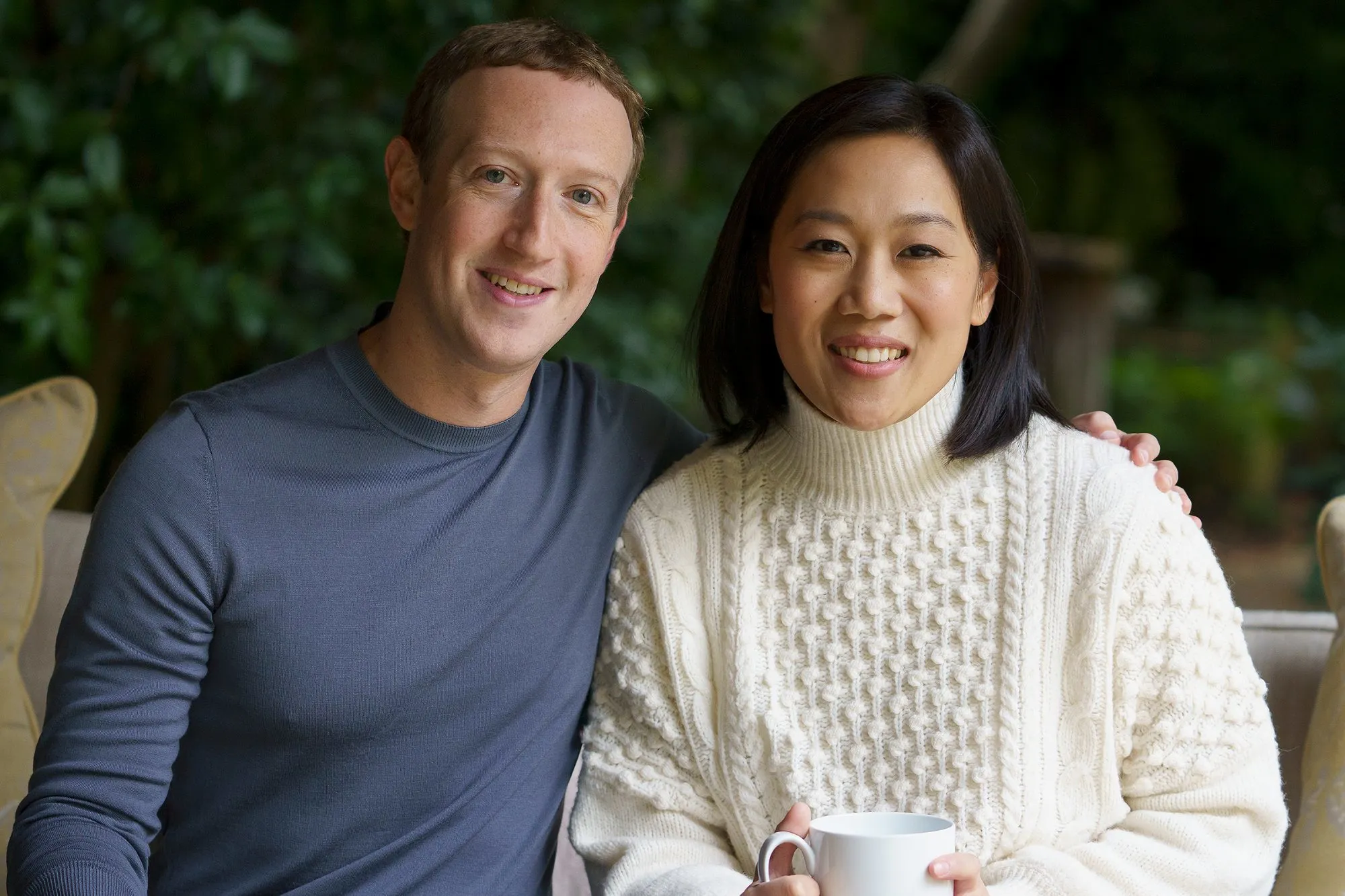
Preservation or Plunder?
The crux of the debate lies in the question posed by critics: Is this preservation or plunder? On the surface, Zuckerberg’s projects do include environmentally friendly components. His team has spoken about soil regeneration, clean energy initiatives, and even plans to restore certain ecosystems.
However, the broader concern is access. Land in Hawaii carries deep cultural and spiritual importance, particularly for Native Hawaiians. Even if the land is kept in pristine condition, fencing it off and limiting public access transforms it from a shared resource into a private kingdom.
To locals, preservation cannot be separated from cultural stewardship. Protecting the land means allowing it to be part of community life — not locking it behind billionaire gates.
Impact on Kauai’s Future
Zuckerberg’s compound has become a symbol of the broader challenges facing Hawaii. The influx of wealthy outsiders, many from Silicon Valley or Wall Street, has reshaped the islands’ demographics and economy. Luxury compounds and high-end resorts bring money and jobs, but they also exacerbate inequality, increase housing costs, and threaten cultural traditions.
For Kauai, often referred to as the “Garden Island” because of its lush greenery and relatively unspoiled landscape, the stakes are especially high. Unlike Oahu or Maui, Kauai has resisted heavy urbanization, maintaining much of its natural charm. Locals fear that allowing billionaires to monopolize land will accelerate a trend of exclusivity, where only the ultra-wealthy can truly enjoy the island’s gifts.
Comparing Zuckerberg to Other Billionaire Landowners
Zuckerberg is not alone in his land purchases. Other billionaires, including Oracle’s Larry Ellison (who owns most of the island of Lanai), have also made Hawaii their playground. Ellison has invested in eco-tourism and agriculture, but his dominance over Lanai sparked similar concerns about sovereignty and access.
The pattern is clear: ultra-wealthy individuals are carving up Hawaii in ways that fundamentally alter its cultural and economic landscape. Critics argue that while billionaires may tout preservation, their very presence undermines the communal values that once defined Hawaiian life.
Moving Forward
The outrage over Zuckerberg’s Kauai expansion is unlikely to die down anytime soon. Local activists are pushing for greater regulation of large land purchases, stronger protections for Native Hawaiian rights, and more transparency from billionaires who claim to be “preserving” land.
Meanwhile, Zuckerberg’s team continues to stress that their work is environmentally sound and beneficial for the island. Only time will tell whether the couple’s stewardship will live up to those promises, or if it will become another chapter in the long story of Hawaiian land being taken away from its people.
Conclusion
The expansion of Mark Zuckerberg’s Kauai compound by nearly 1,000 acres has ignited a fierce debate over land, culture, and power in Hawaii. For locals, it feels like plunder — another example of outsiders using immense wealth to claim pieces of paradise that should belong to the community. For Zuckerberg and his defenders, it is preservation — a way to protect the land from commercial exploitation.
What is clear is that the stakes go far beyond one billionaire’s estate. At its heart, this controversy is about the soul of Hawaii itself: who gets to own it, who gets to access it, and how its natural and cultural treasures should be protected for future generations.
As this debate unfolds, one thing remains certain: the people of Kauai are not staying silent. Their voices, rooted in generations of history and cultural stewardship, continue to demand accountability from those who claim ownership of their sacred land.








